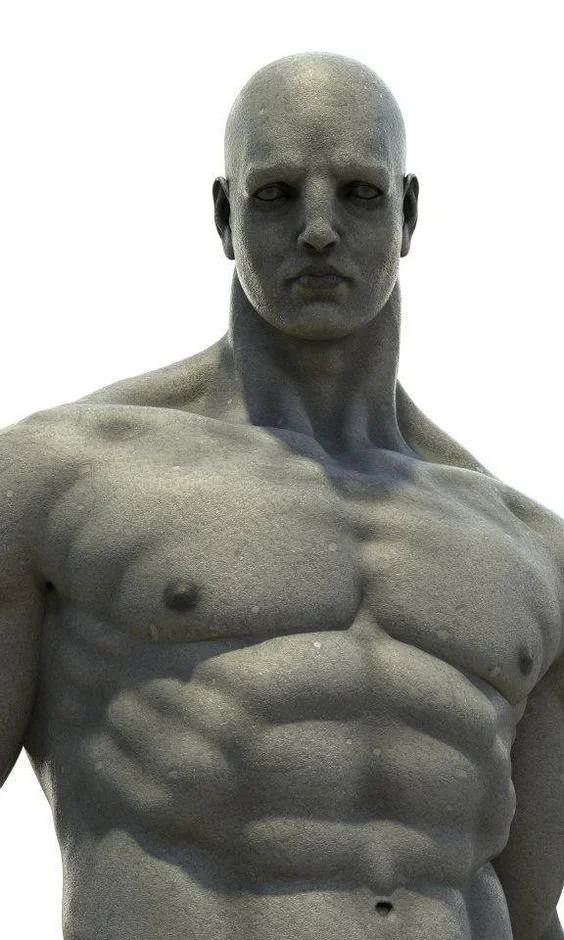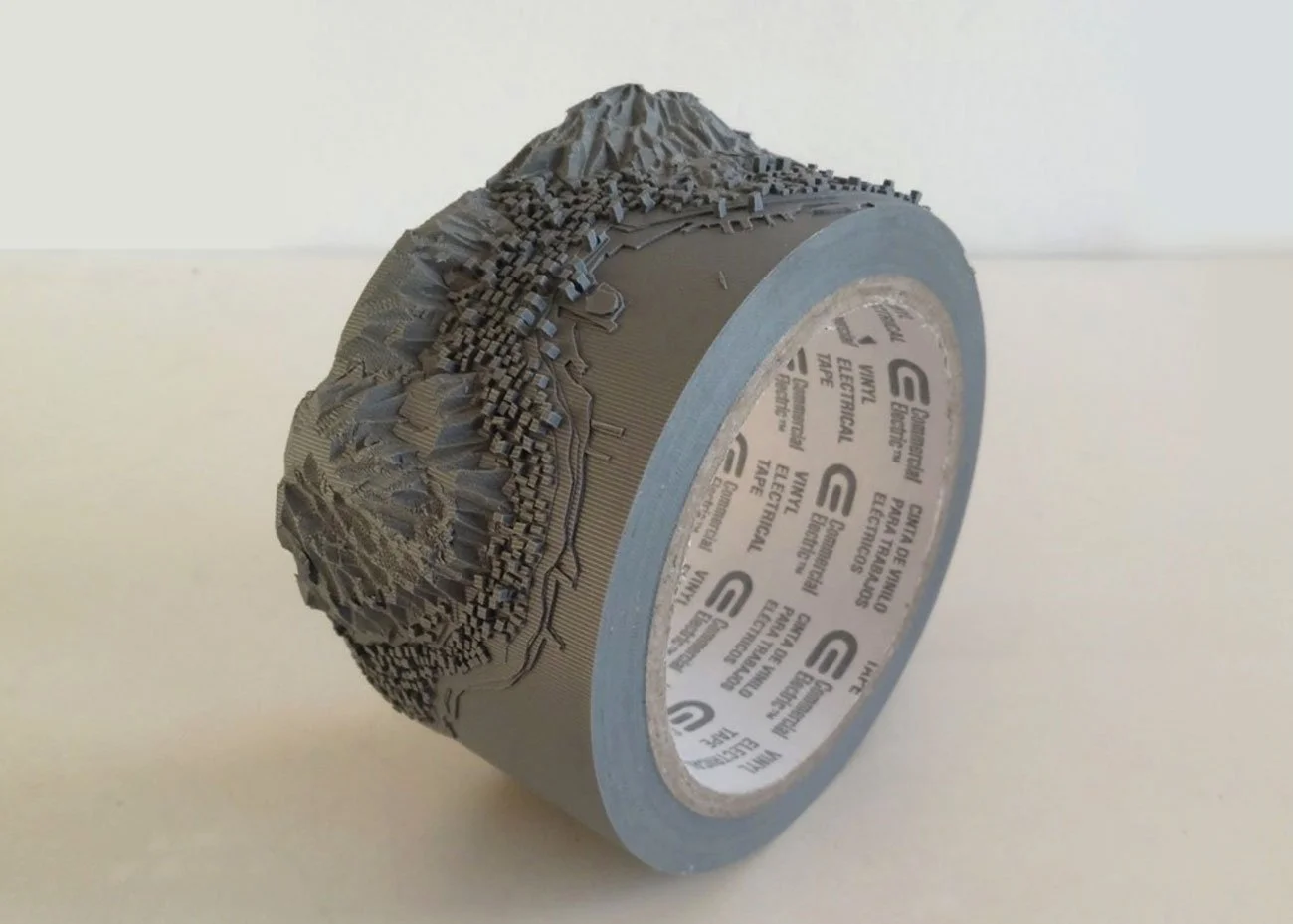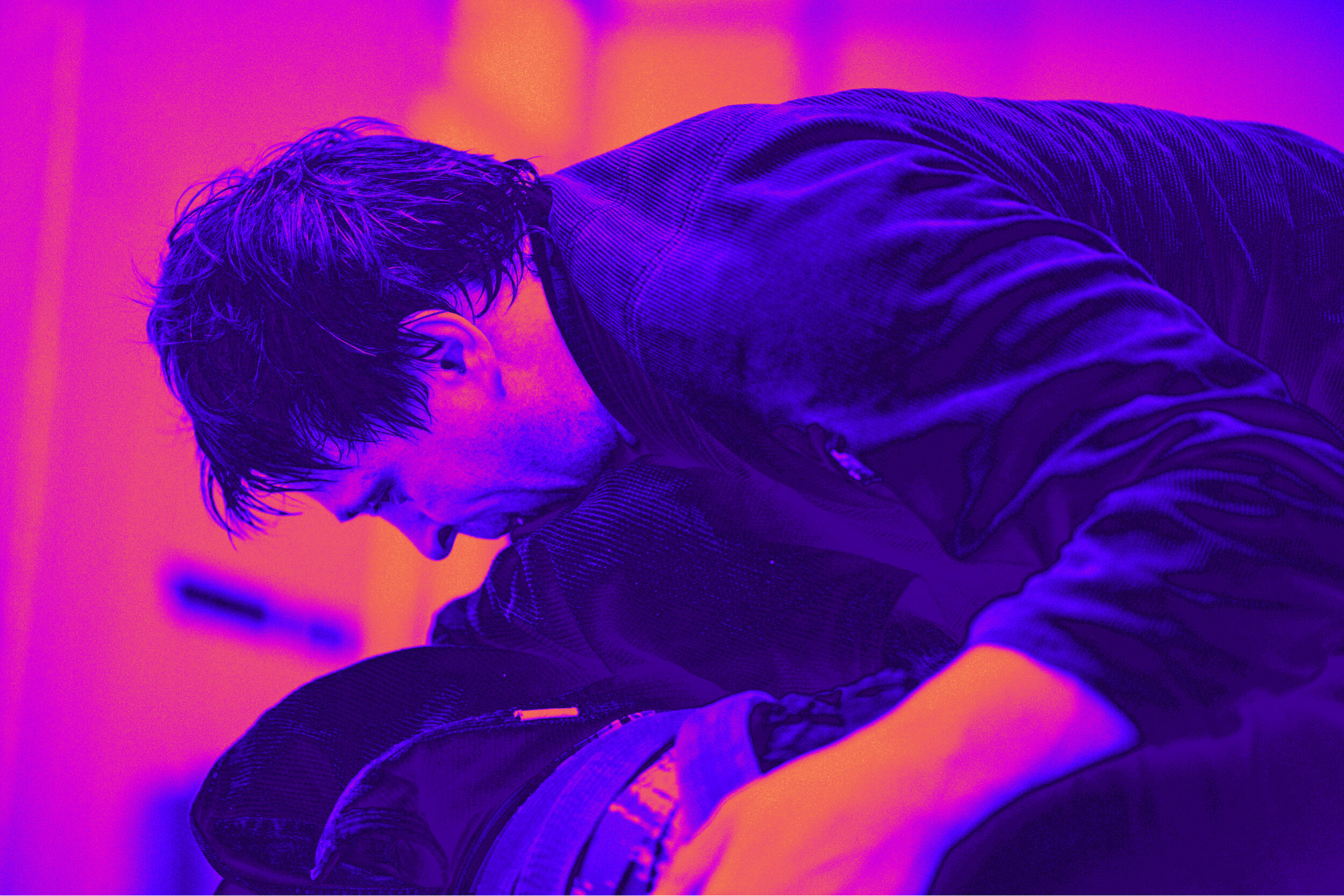The further I go, the less I believe we can change the world.
Over millennia, almost everything has changed—except human nature.
Technology can add comfort, speed, and extra years of life. But when it comes to human flaws, it’s powerless. Worse, some “brilliant” apps effectively plunge people into hell.
There’s a clever meme online showing a table of the seven deadly sins:
Tinder – Lust.
Yelp – Gluttony.
LinkedIn – Greed.
Netflix – Sloth.
Facebook – Envy.
Twitter – Wrath.
Instagram – Pride.
Wherever you look in the world, it’s getting harder to find islands of sanity. If not tyranny, then anarchy. Either it’s soullessness and violence, or despair and madness. A buffet-style chaos to choose from.
But if you read history, it’s clear that this has all happened many times before. Humanity panics at new waves, lurching from one side to the other, risking capsizing the boat. It looks dynamic, even epic, but it’s vanity—there’s no real change.
People forget the lessons of the last century, only to repeat them.
Does this sound bleak? Not at all.
Buddhists say there’s no point adding legs to a drawn snake. The same goes for trying to improve people and the world. There is no evidence that anyone has ever succeeded.
Maybe the goal should be humbler—working on yourself.
And by the way, it’s not a given that you need to mold yourself like clay in a potter’s hands. It’s more about learning who you are, especially the parts you reject.
That’s when integration happens, and one finds harmony. Such people radiate warmth and light. Being near them is enough. After contact with them, you become more of who you truly are.
Let the storms rage around. Here, there is peace.
Sincerely yours,
-Alexander
About me:
As a business therapist, I help tech founders quickly solve dilemmas at the intersection of business and personality, and boost company value as a result.
How can I help you?
If you've long been trying to understand what is limiting you and/or your business and how to finally give important changes a push, then The Catalyst Session is designed specifically for you. Book it here.





















